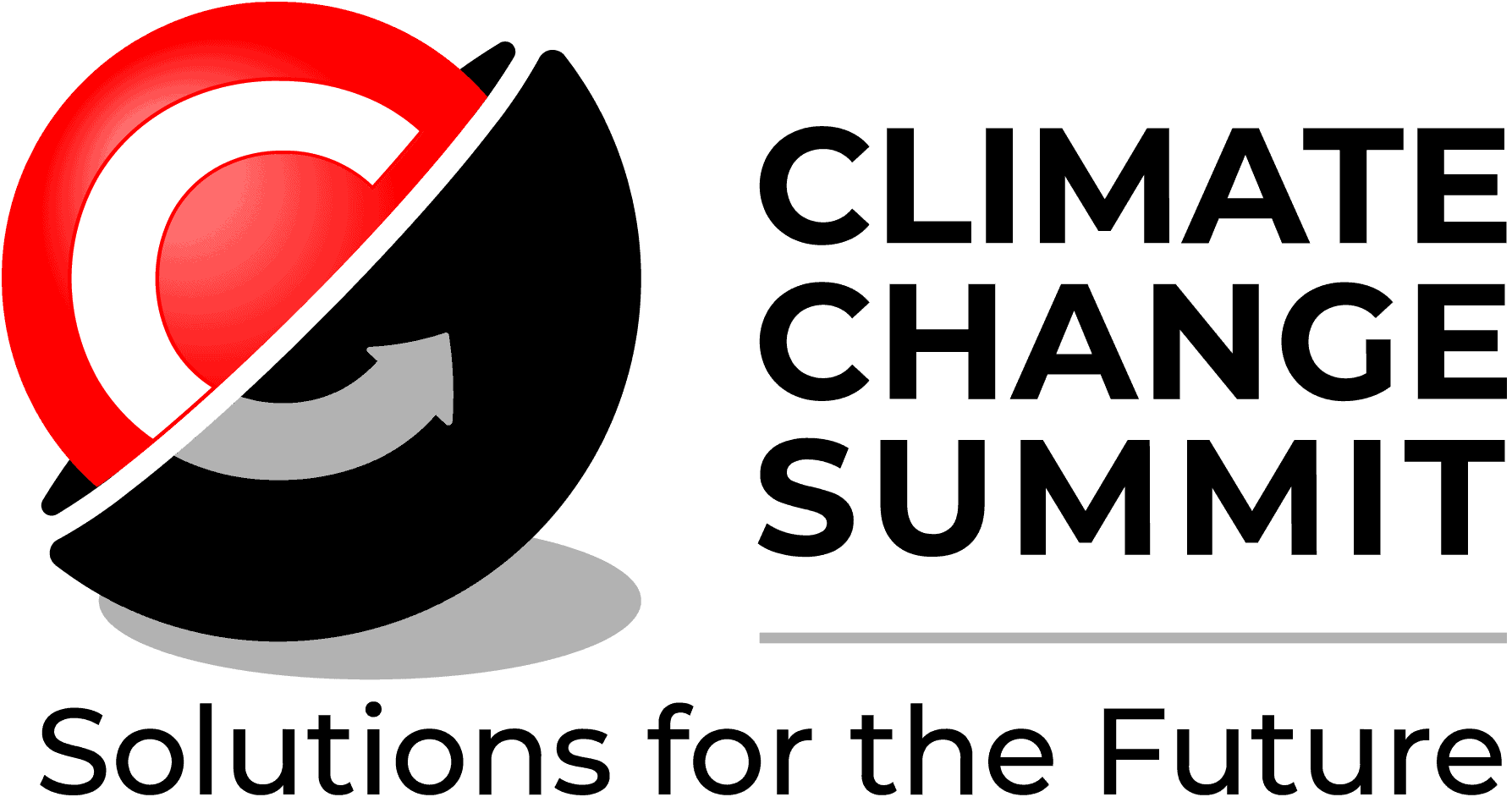
In a world where sustainability and environmental responsibility are becoming paramount, its crucial to find new ways to help our planet regenerate. Considering the rapidly depleting fossil fuel resources, and the irreversible effect their burning has on our climate, green energy has become a worldwide priority. With the potential to revolutionize our power usage, understanding what green energy is, how to source it, and the possible results of investing in new technology for energy generation, unlocks a new economic paradigm, where both sufficiency and optimization are built into its architecture, and where we are all active actors, be it individuals, business, and governments worldwide.
In the context where four key climate change indicators – greenhouse gas concentrations, sea level rise, ocean heat and ocean acidification – all set new records in 2021, with dire projections today and tomorrow, it’s yet another clear sign that human activities are causing planetary-scale changes on land, in the ocean, and in the atmosphere, with dramatic and long-lasting ramifications. The burning of fossil fuels: coal, oil, and natural gas, for electricity and heat generation, is a significant contributor to greenhouse gas emissions.
The key to tackling this crisis is to end our reliance on energy generated from fossil fuels which is the main cause of climate change.
Dependence on fossil fuels often leaves nations vulnerable to geopolitical conflicts and price fluctuations. Green energy, on the other hand, offers energy security by diversifying the energy mix and through R&D intentionally reducing reliance on finite resources, thus enhancing the resilience of energy systems. This should be coupled with demand sobriety, factoring in the role of individual users.
In this case we can try to use green energy, also known as renewable energy. This is derived from sources that are naturally replenished and have a minimal environmental footprint. Green energy sources, like solar, wind, hydro and geothermal power, produce little to no greenhouse gas emissions (GHG) in use – while generating energy – making then vital in reducing our carbon footprint. However, these do generate GHGs during production of the infrastructure, including of the batteries, and therefore, a lifecycle approach calculation of emissions, is the best way to choose and invest in the technology that is least pollutant, with a non-negotiable phasing out of fossil fuels. Green energy stands as a positive example for a sustainable future, offering many benefits, from reducing greenhouse gas emissions to enhancing energy security.
Improving energy efficiency means reducing energy consumption and emissions. This includes using energy efficient appliances, better insulation, and smart technologies to optimize energy use in homes, business, and industries. The energy sector relies on us to consume less and invest in best (choices out there)
In 2021, 22% of the energy consumed in the EU was generated from renewable sources, according to the European Environment Agency. This is the same as the level observed in 2020, despite the two years being marked by different conditions and consumption patterns.
Other examples of the use of green energy according to European Environment Agency:
- In 2020, the 27 EU Member States recorded greenhouse gas (GHG) emissions that were 32% below 1990 levels, largely do to the Covid pandemic and also to the increase in renewable energy production.
- The share of energy from renewable sources used for transport in the EU increased from under 2% in 2005 to 10.2% in 2020. This means that EU countries collectively reached the 10% target for the share of energy from renewable sources in the transport sector by 2020.
In this hopeful context, Societe Generale Group is committed to build together, with its clients, a better and sustainable future. This strategy is set of four pillars: the urgency of energy transition, having positive local impact, acting as a responsible employer, and maintaining a culture of responsibility.
These directions are at the core of our strategy as well and we, SG GSC are committed to implement sustainability principles wherever possible in our activities. One example was the choice of our main office building, that was designed and build with high environmental and social standards.
Inaugurated in 2021, Campus 6.3 has state-of-the-art facilities and increased energy efficiency, offers access to technology, and provides a collaborative and vibrant workspace – a green-concept project.
We opted to prioritize recyclable & recycled products, supporting the regional economy logistics elements and the reuse of existing equipment limiting above 150t CO2 avoidance.
This location is a workspace of the future with features and benefits like:
- one of the very first WELL pre-certified buildings in Romania, which means: clean air and water, plants healthy nourishment, natural light, fitness features, comfort solutions and mind-body balance through open spaces for meaningful interactions and closed islands for private meetings ;
- LEED Gold pre-certified building – healthy, highly efficient and cost-saving green building;
- the first 280m-long rooftop running track in Romania (built on the rooftop of Campus 6.3 and 6.2 buildings);
- bike racks, locker rooms and showers for athletes or those coming to the office by eco-friendly means of transport;
- outdoor working spaces – using multifunctional exterior furniture with plug in and Wi-Fi;
- dedicated chargers for electrical cars with high-speed charging time;
- the office space was audited for the accessibility of people with disabilities, this being one of priority project in the previous year;
- DEKRA Certification;
- 100% green energy – since 2022
- Avoided annual emissions: 527 T CO2;
- Reduced CO2 annual emissions with 50% per employee;
- implemented a waste separation system (household, plastic, paper and medical (during pandemic situation)) and we’ve eliminated for a couple of years the individual trash cans to encourage our colleagues to, first to reduce and reuse, and as a last resort to dispose for recycling – which too involves a manufacturing or CO2 production process.
- we’ve reduced the annual plastic waste quantity with 35%;
- reducing water consumption through the use of rainwater to irrigate the green space, installation of sink faucets with presence sensor in kitchens, installation of bubbler (site) bathroom sinks faucets to reduce consumption and limited time of maximum 10 seconds/press and the use of gray water (water used in the sinks) which passes through filters and is reused in the toilet bowls;
- generous green areas for relaxation, a townhall in our space, and nearby restaurants;
- collaborative and vibrant workspace – combining the best design practices, the principles of sustainable development and technological innovation at the time of design;
- location visibility, having great access to public transportation, including the subway network, enabling staff to leave personal cars closer to their homes and commute more responsibly.




Probably the main highlight of the year in SG GSC was the acceleration of the physical training of three hours, called the Climate Fresk, deployed under a form of a serious game of cards that simplifies the understanding of the climate change stakes, causes, and effects, thus bringing thousands of technical, scientific pages closer to us.
Our commitment to energy transition, to keep our demand on green energy and to promote eco-friendly practices, extends beyond the building and its physical features. It’s ingrained in the company’s culture and daily operations. Our awareness is consolidated at all organizational levels, from departments that are closest to what enters our premises, our corporate Facility and Procurement teams, to our teams supporting the banking system. We work at our own behavior by beating the pollution together, and ensuring that we limit our waste, phase our single-use plastics, and make it easy to dispose of waste that cannot be avoided with well-placed recycling stations. We do constantly encourage our colleagues to reduce, reuse and recycle, contributing to a greener workplace. Our commitment to becoming a more sustainable company is not just good for our business, it’s good for our communities and planet and our collective future.
Green energy is not just a buzzword; it’s a critical component of a sustainable and environmentally responsible future. By reducing greenhouse gas emissions, enhancing energy security, and fostering innovation, green energy sources have the potential to revolutionize our energy systems. As individuals, and companies, we must commit to embracing these technologies and implementing policies that support the transition to a greener, cleaner energy landscape. The time to act is now, and the rewards of a sustainable future are well worth the effort.
Curated by Societe Generale Global Solution Centre

